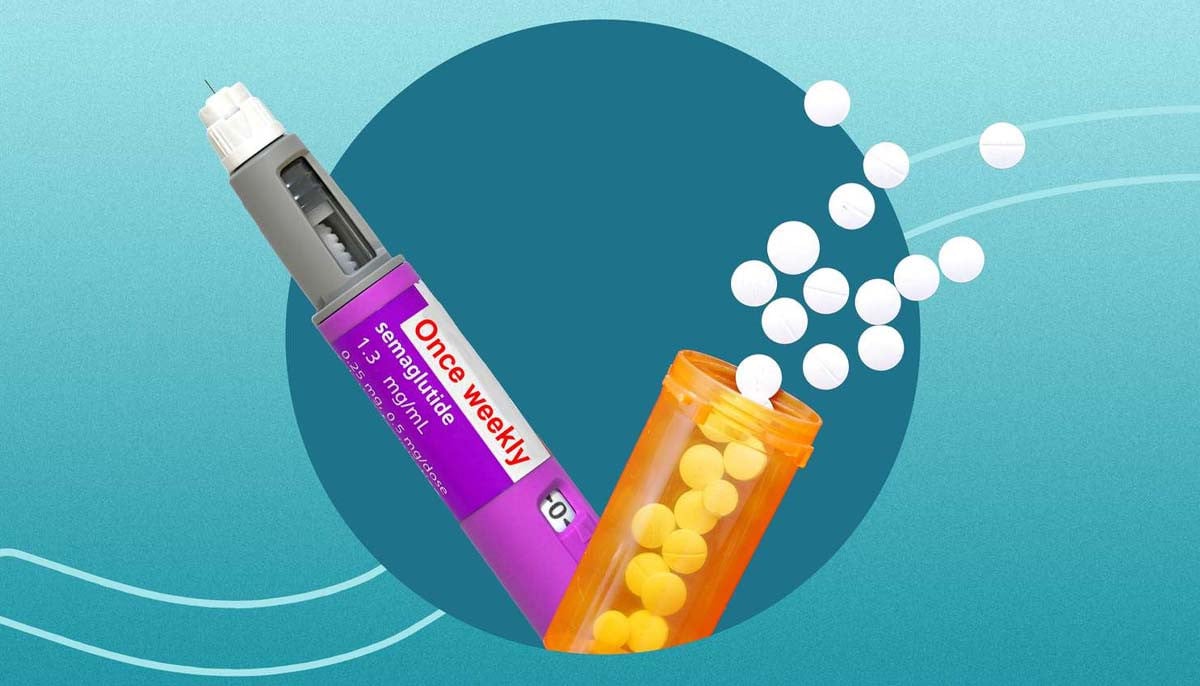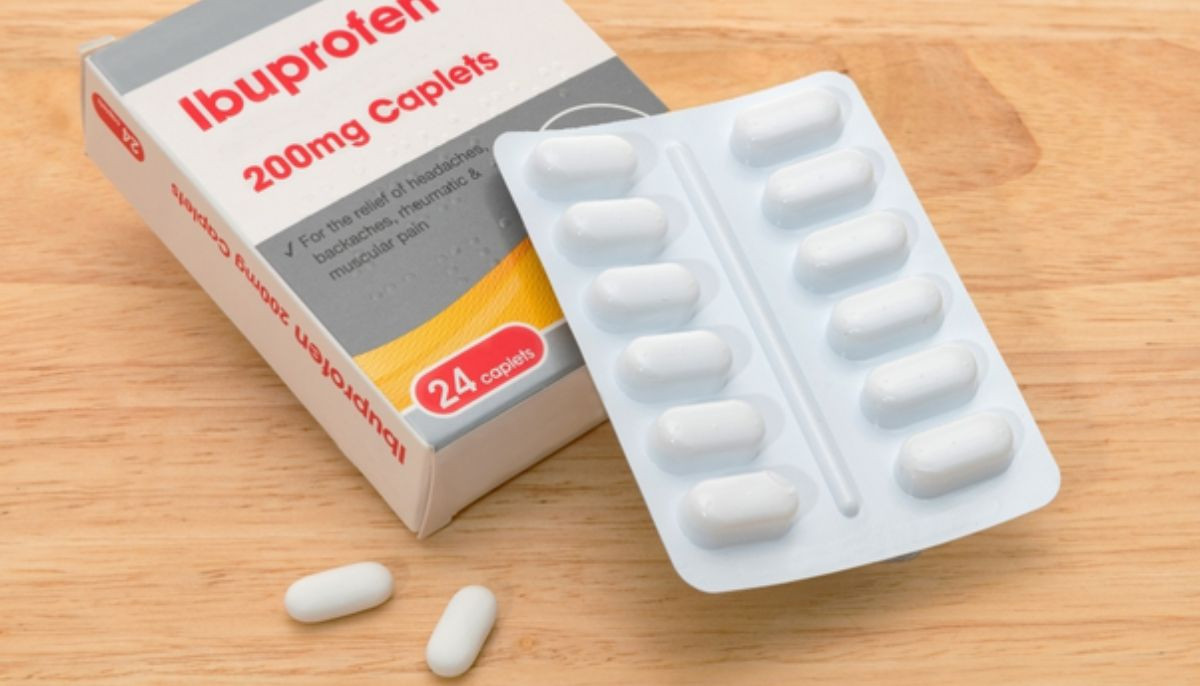Obesity drug wars: Novo Nordisk may have launched Wegovy in UK to dent Eli Lily's Mounjaro
Novo Nordisk has emphasised its intention to make Wegovy accessible to those with a genuine need for it
Sources within the pharmaceutical industry have suggested that Novo Nordisk's recent decision to introduce its weight-loss drug, Wegovy, in the UK, despite significant supply limitations, may be influenced by a desire to outpace rival Eli Lilly's similar drug.
Additionally, Novo Nordisk may be responding to concerns expressed by the British government and patient advocacy groups regarding the off-label use of its diabetes drug, Ozempic, which shares the same active ingredient as Wegovy.
Novo Nordisk has emphasised its intention to make Wegovy accessible to those with a genuine need for it. A spokesperson from the company stated, "Even though the launch is limited and controlled, we are doing our best to get access to Wegovy for people with obesity in the UK."
Wegovy's popularity has propelled Novo Nordisk to become Europe's most valuable listed company, despite the challenges of meeting demand in its existing markets. Before its UK launch, Wegovy was already available in the United States, Norway, Denmark, and Germany.
Considering obesity statistics and prescription criteria, several million Britons could potentially qualify for Wegovy. A 2019 OECD report highlighted that nearly one in three adults in Britain is obese, the highest rate in Europe.
While Novo Nordisk's CEO, Lars Fruergaard Jorgensen, has acknowledged supply limitations, the company aims to prioritise the drug for the neediest patients. However, some medical experts have raised concerns that distributing Wegovy through private prescribers in addition to the National Health Service (NHS) might stimulate demand and enable those with the means to pay to access it more readily.
In the United States and Germany, Novo Nordisk has faced the challenge of limited supplies, with some private companies in the UK reporting a significant disparity between the demand they've registered and the quantities they've received from wholesalers.
Novo Nordisk has announced that it will allocate a portion of Wegovy's available supply to the NHS, which estimates that approximately 50,000 patients in England may be eligible.
While it's not confirmed, some industry insiders speculate that Novo Nordisk's decision could be partly driven by the need to stay ahead of Eli Lilly. Lilly's drug, Mounjaro, initially launched for type 2 diabetes treatment in the United States, is expected to gain approval for weight loss by year-end, with studies showing more weight loss compared to Wegovy.
Furthermore, the timing of Wegovy's launch might be influenced by criticism from advocacy groups and the government concerning the widespread off-label use of Ozempic for weight loss, as well as shortages for diabetes patients.
UBS analysts predict that, as insurers in the U.S. and elsewhere restrict access to weight loss drugs due to cost concerns, more effective products may gain greater market share. Studies have demonstrated that Wegovy, when combined with exercise and lifestyle changes, led to a 15% weight loss over 68 weeks, while Mounjaro achieved over 22% weight loss over 72 weeks.
UBS, which rates Novo Nordisk shares as "sell," suggests that due to Mounjaro's higher efficacy, Novo Nordisk may not ultimately dominate the obesity market.
-
Popular weight-loss drugs could help treat addiction
-
Stroke during pregnancy linked to long-term heart problems
-
How your body 'suffers' in back pain and simple way to fix it
-
The way you consume sugar could be affecting your health
-
U.S. on verge of losing measles-free title due to outbreak
-
Vitamin D link to respiratory diseases will shock you
-
Can Ibuprofen cut cancer risks? Study finds promising breakthrough
-
Find out early subtle signs that you might have Parkinson's disease












